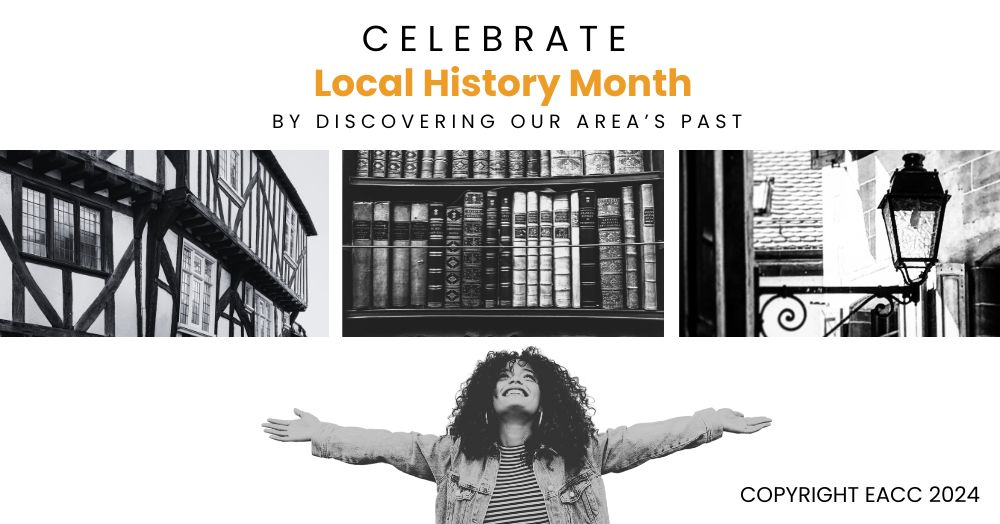
Celebrate Local History Month by Discovering Our Area’s Past
We look at some activities to consider to celebrate local history month.
May is Local History Month, making it an ideal time to dive into the history of our area.
Researching local history increases our understanding of our surroundings, strengthens community ties and gives people an appreciation of our heritage.
Here are five tips to help you get started if you’re finding out more about our area’s past.
1) Visit your local library: Libraries are treasure troves of historical data, including old newspapers, property records, maps and photographs. Many libraries also have sections dedicated to local history, curated by knowledgeable staff who can guide your research.
2) Talk to local historians: Connecting with local history enthusiasts or societies can provide invaluable insights you won’t find in books. These individuals often have undocumented knowledge and stories that bring the past vividly to life. A quick Google search should come up with some options.
3) Explore local archives: Local councils often have archives containing old documents, planning records and council minutes. These can give you a unique glimpse into the historical events and decisions that shaped our area.
4) Participate in local history talks and walks: Many areas host historical talks and walking tours, especially during Local History Month. These events are significant for seeing historical sites first-hand and learning from experts.
5) Use online resources: Websites like British History Online and local genealogy sites can offer a plethora of information about our town’s past, from ancient times to modern history.
The big benefits of researching local history
Cultural appreciation: Understanding the history of our town can give you a profound sense of place and identity, linking you with the past inhabitants and their achievements.
Community engagement: Sharing historical findings can engender a sense of pride and unity among local residents, encouraging community-driven conservation and education projects.
Educational value: For families, local history research can be an educational tool, teaching children about their heritage and the importance of preservation.
Personal connection: Discovering the history of your home or street can create a personal connection to your living space, adding a new layer of meaning to your everyday environment.
At Scottish Property Centre, we’re proud to be a tiny part of Glasgow’s history.